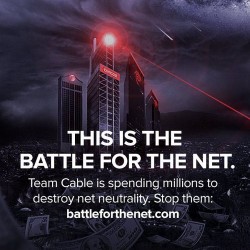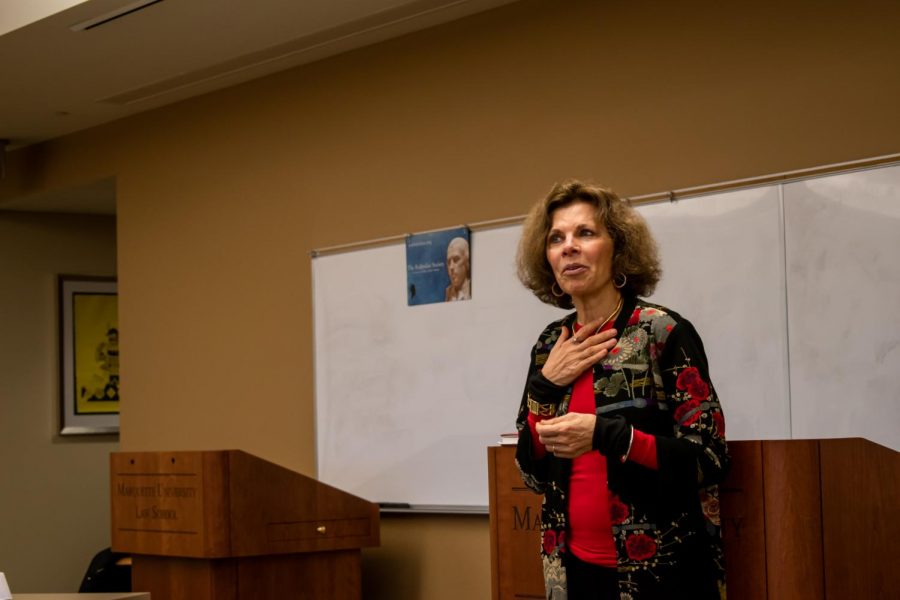
This past Friday, unfamiliar spinning-wheel images greeted visitors to major Internet sites like Netflix, Tumblr and Reddit. These images led to a link in which thousands of Internet sites, companies and organizations protested the recent proposals led by the Federal Communications Commission to install Internet “slow lanes” that would allow Internet Service Providers to limit speedy access to Internet data.
The movement — dubbed “Internet Slowdown Day” — included efforts by constituents to contact legislators to oppose these FCC proposals, and in total, over 300 thousand calls and two million emails were sent to Congress to oppose the recent proposals.
Proponents of “net neutrality” — the idea that the Internet should be free and open — rallied behind the movement as a way to pressure the White House, Congress and the FCC to safeguard the openness of the Internet.
The Internet is a medium by which people disseminate information and therefore an extension of free speech. If ISPs, like AT&T and Comcast, can choose to provide “fast lanes” to the highest bidder, they would, in effect, be able to provide unequal access to information, prioritizing the interests of the rich over the poor. Not only does this unjustly favor the rights of those with money, it also enables ISPs to control online content. For students at Marquette, that could equate to higher prices for high-speed Internet off-campus, and more information online could become subject to manipulation.
In 2007, the American Civil Liberties Union recounts, ISP AT&T streamed rock band Pearl Jam’s concert in Chicago. When lead singer Eddie Vedder briefly criticized George W. Bush’s political actions, the ISP censored parts of the song, denying viewers access to the content. Afterward, the ISP blamed the incident on a website contractor and was never held accountable, precisely because no regulations existed to prohibit ISPs from manipulating online content.
More safeguards need to be instated to ensure information online is not manipulated to benefit the interests of the few. Economically, allowing only a few telecommunication giants to dictate the costs and speed of the Internet hurts innovation and invention in the long run. Currently, ISPs divide “the country up into regions and cities that one company controls, rather than trying to compete for the nation as a whole,” allowing ISPs to provide broadband at a cost of $50 a month to consumers, even though broadband only costs ISPs $5 to provide, the Wire explains.
Allowing current FCC proposals to go through would mean ISPs could charge an even higher premium for broadband, restrict speeds and control and manipulate consumer data over the Internet. This would equate to fewer incentives to innovate in already lacking broadband infrastructure, and smaller companies would struggle even more to challenge the monopolies current ISPs hold.
Net neutrality requires an actively engaged populace with the issue at hand. As the “Internet Slowdown Day” movement shows, millions of U.S. citizens are concerned with current FCC proposals, but legislators need to feel continually pressured if the issue is to be taken seriously. Marquette students could see the implications of the current proposals affect what content we are allowed to see and distribute online, how much Marquette would have to pay for internet services and ultimately, how we can communicate online. Protecting net neutrality is protecting free speech, and it is in our best interest.





